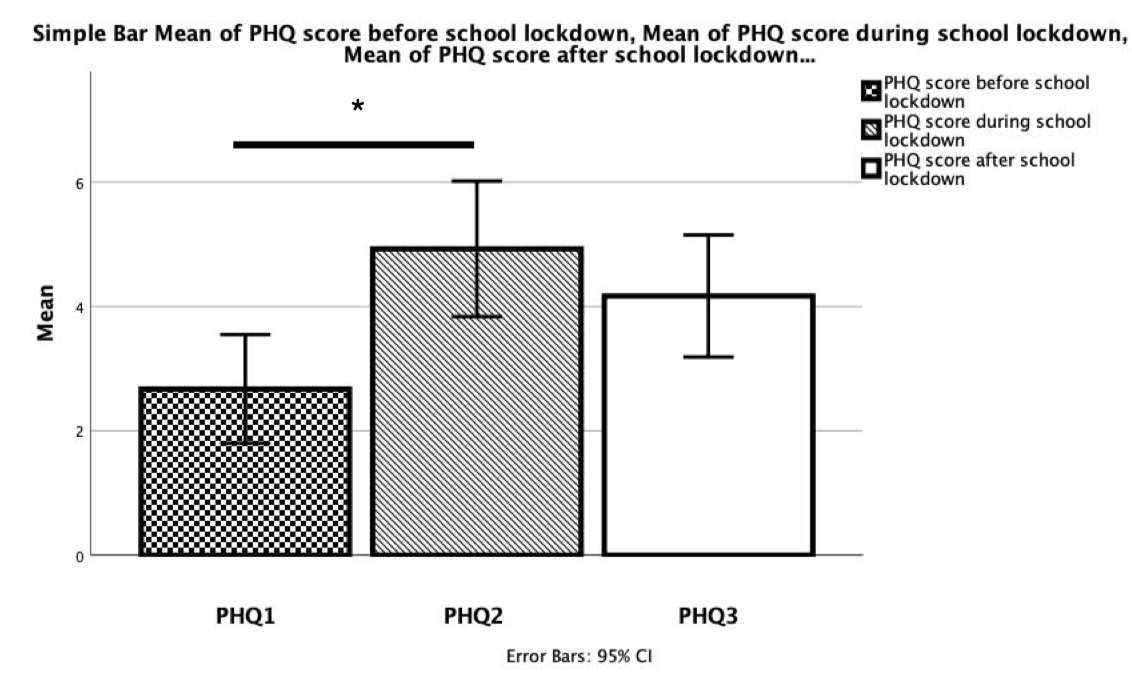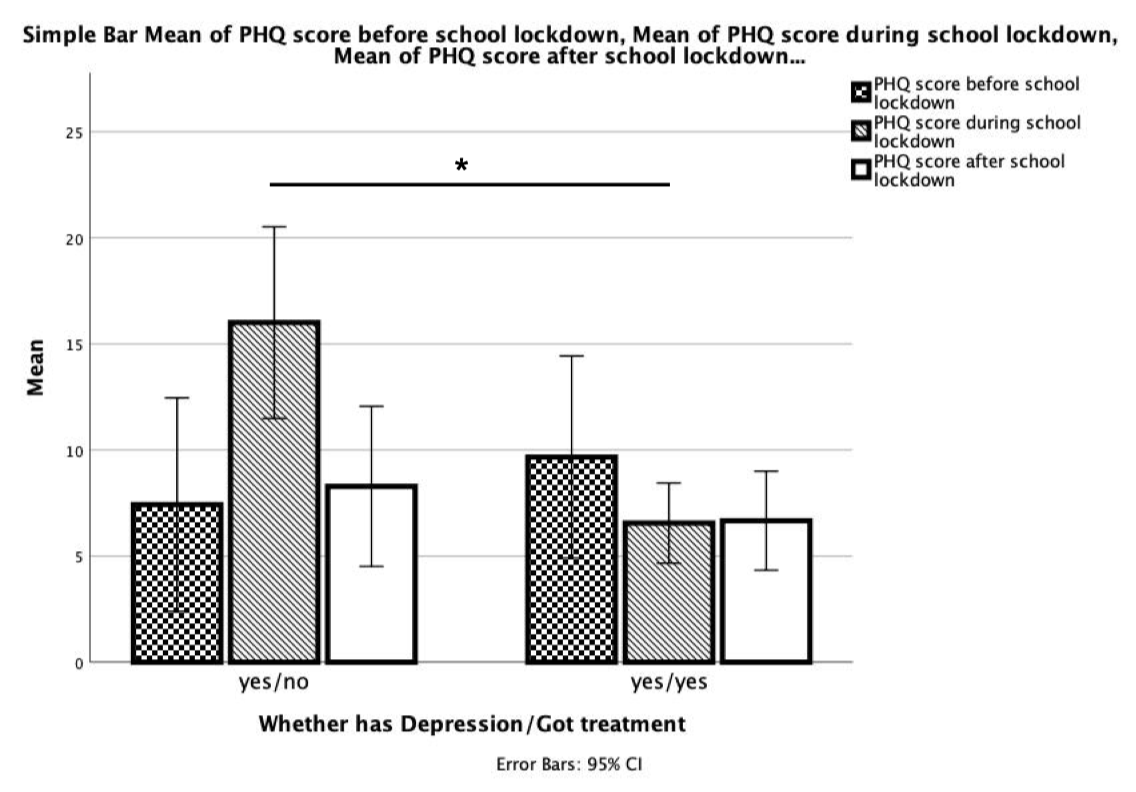Adolescent Medicine
Session: Adolescent Medicine 1
136 - School closure and depression during the COVID pandemic in adolescent population
Friday, May 3, 2024
5:15 PM - 7:15 PM ET
Poster Number: 136
Publication Number: 136.19
Publication Number: 136.19

Junkai Wen, MD (he/him/his)
Resident
St Barnabas Hospital
Jamaica, New York, United States
Presenting Author(s)
Background: Adolescents constitute a high-risk population for mental health disorders. School life has played a crucial role in safeguarding the mental well-being of adolescents. In response to the rapid spread of the COVID-19 virus and the initial lack of effective transmission control methods at the onset of the pandemic, New York City made the difficult decision to close schools before achieving pandemic containment. While this measure effectively curbed the surge in COVID cases, studies have demonstrated a pronounced effect of school shutdown on the mental health of the adolescent population.
Objective: To determine the change in depression as measured by PHQ-A scores among adolescents in the Bronx during the COVID-19 pandemic school closure.
Design/Methods: 200 adolescents aged 12-21 years who sought medical care at St. Barnabas General Pediatrics and Adolescent Clinic in the Bronx, New York, from July 1, 2021, to June 30, 2022, were enrolled in the study. 105 patients had 2 documented PHQ-A scores before and after the school closure, and 95 participants had PHQ-A scores before, during, and after school closure.
Results: Following the closure of schools, there was a significant increase in both the median and mean PHQ-A scores. The 12-15 year age group showed greater score changes compared to the 19-21 year age group. Among the participants, those with a prior diagnosis of depression who maintained consistent follow-ups during the school shutdown displayed a significantly smaller change in PHQ scores compared to individuals who did not adhere to periodic therapies. Upon the reopening of schools, there was a slight decrease in both mean and median PHQ scores, though this reduction was not statistically significant. These scores were significantly higher than the pre-school shutdown levels. Statistical analysis revealed no clear relationship between the number of days of closure and resumption of schools and changes in PHQ-A scores.
Conclusion(s): Adolescents experienced an increase in depressive symptoms following the closure of schools during the COVID-19 pandemic. Consistent therapy and timely follow-up had positive effects on symptom control in adolescents with a prior history of depression.

.png)

